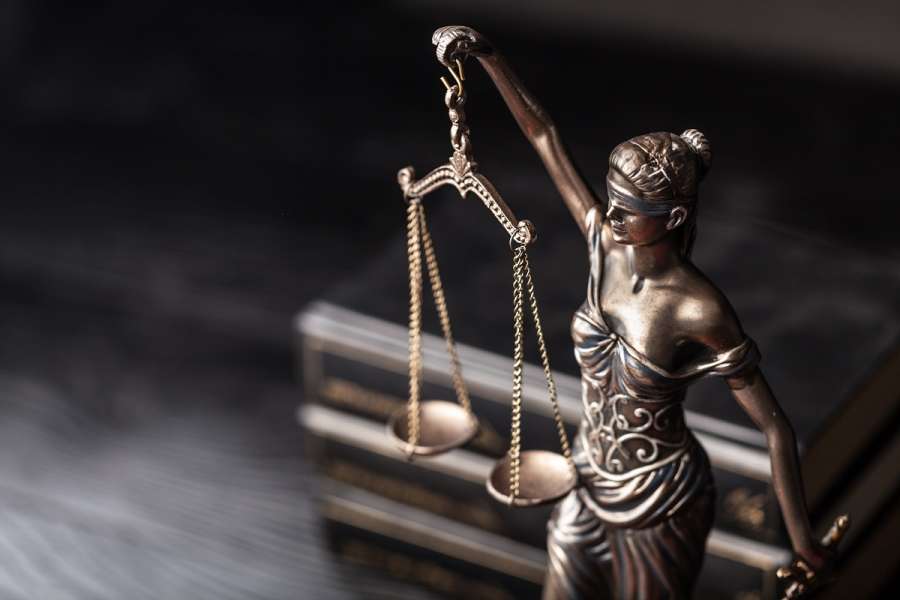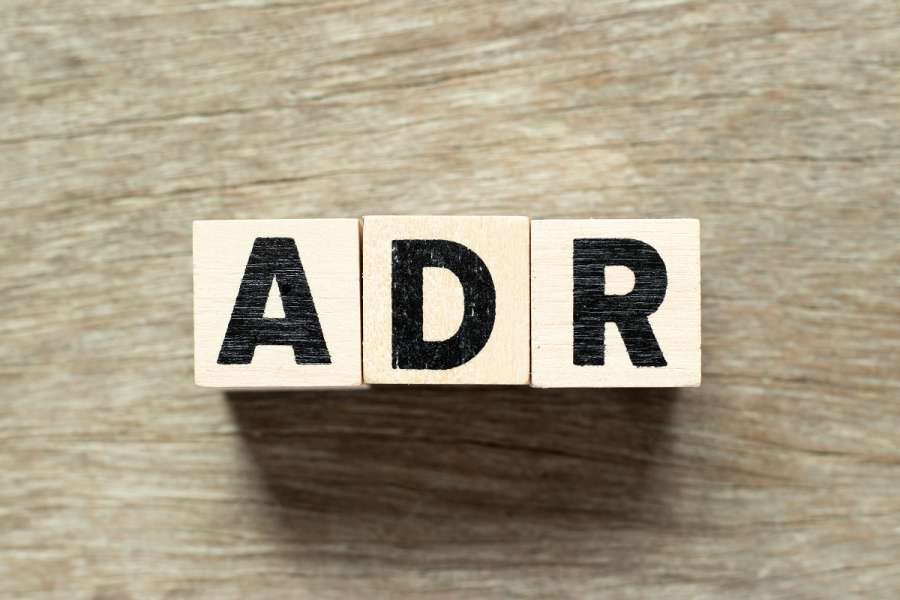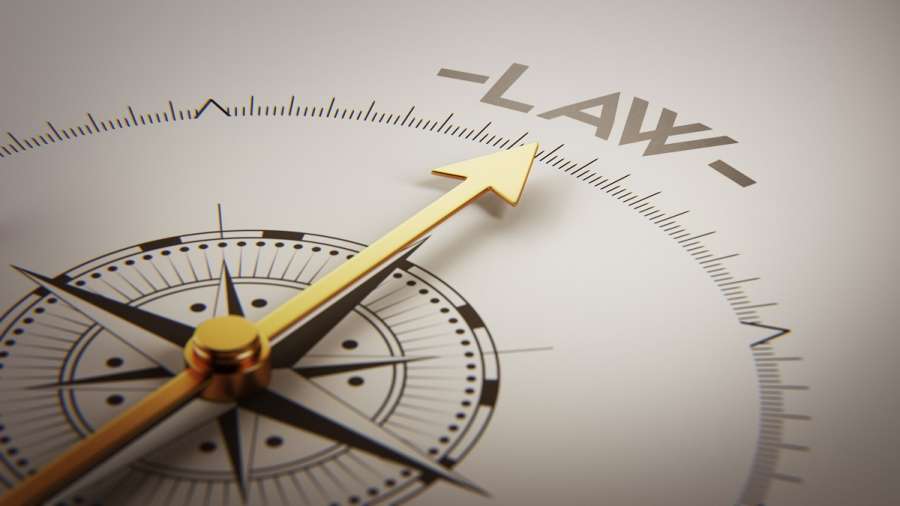If Court proceedings are issued to recover a business debt owed, the Defendant can defend the Court proceedings.
The Defendant has 14 days from when the Court proceedings are served on it to notify the Court whether the Court proceedings will be defended.
This is done by the Defendant filing with the Court what is known as an Acknowledgment of Service.
After that, the Defendant typically has another 14 days to file with the Court a Defence disputing part or all of the claim, and a Counterclaim could also be issued.
For the purposes of this dispute resolution blog, we will assume that the Defendant has filed a Defence disputing the whole of the claim on the basis that you, the Claimant, failed to provide the goods or services promised and, therefore, the Defendant does not intend to make any payment.








